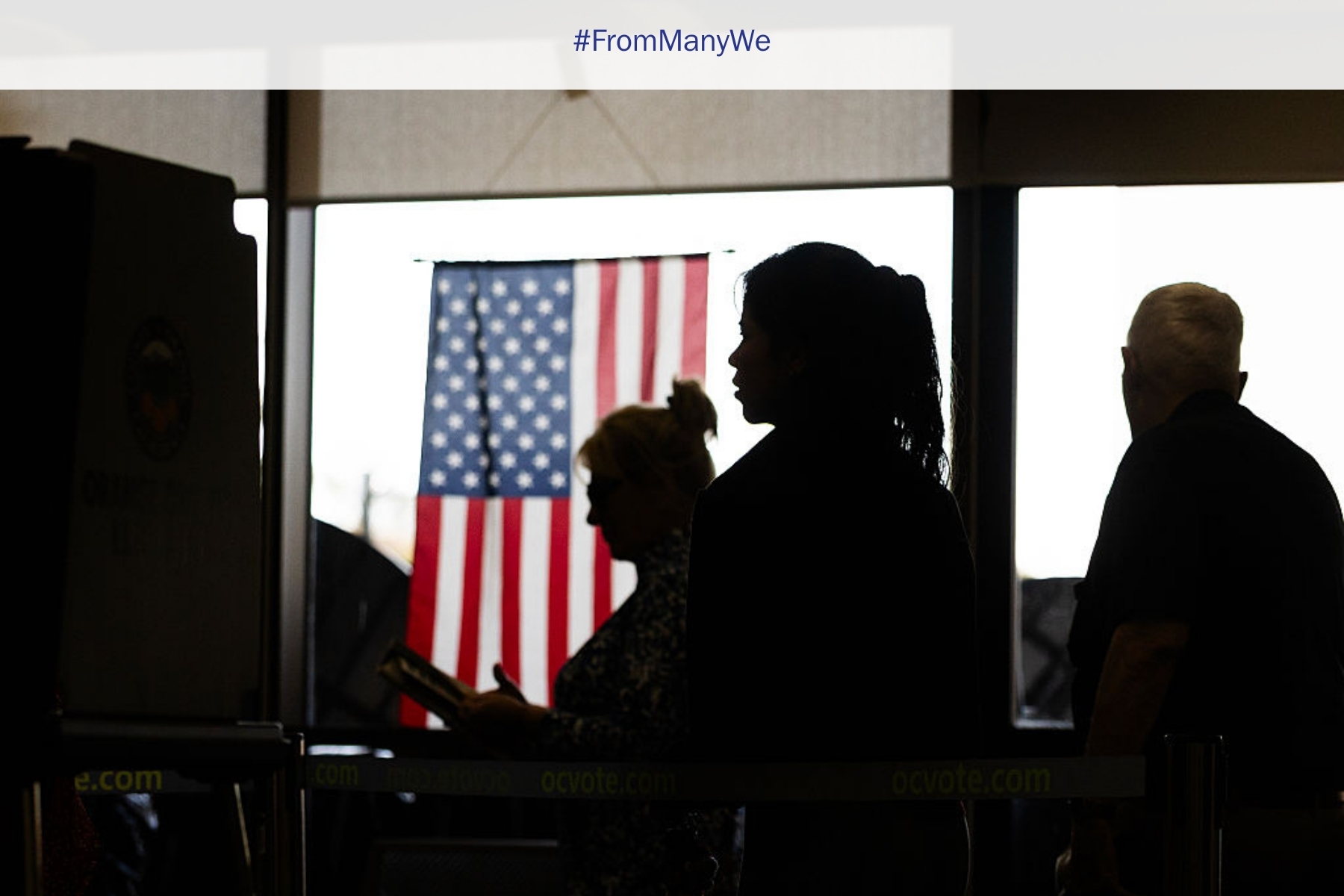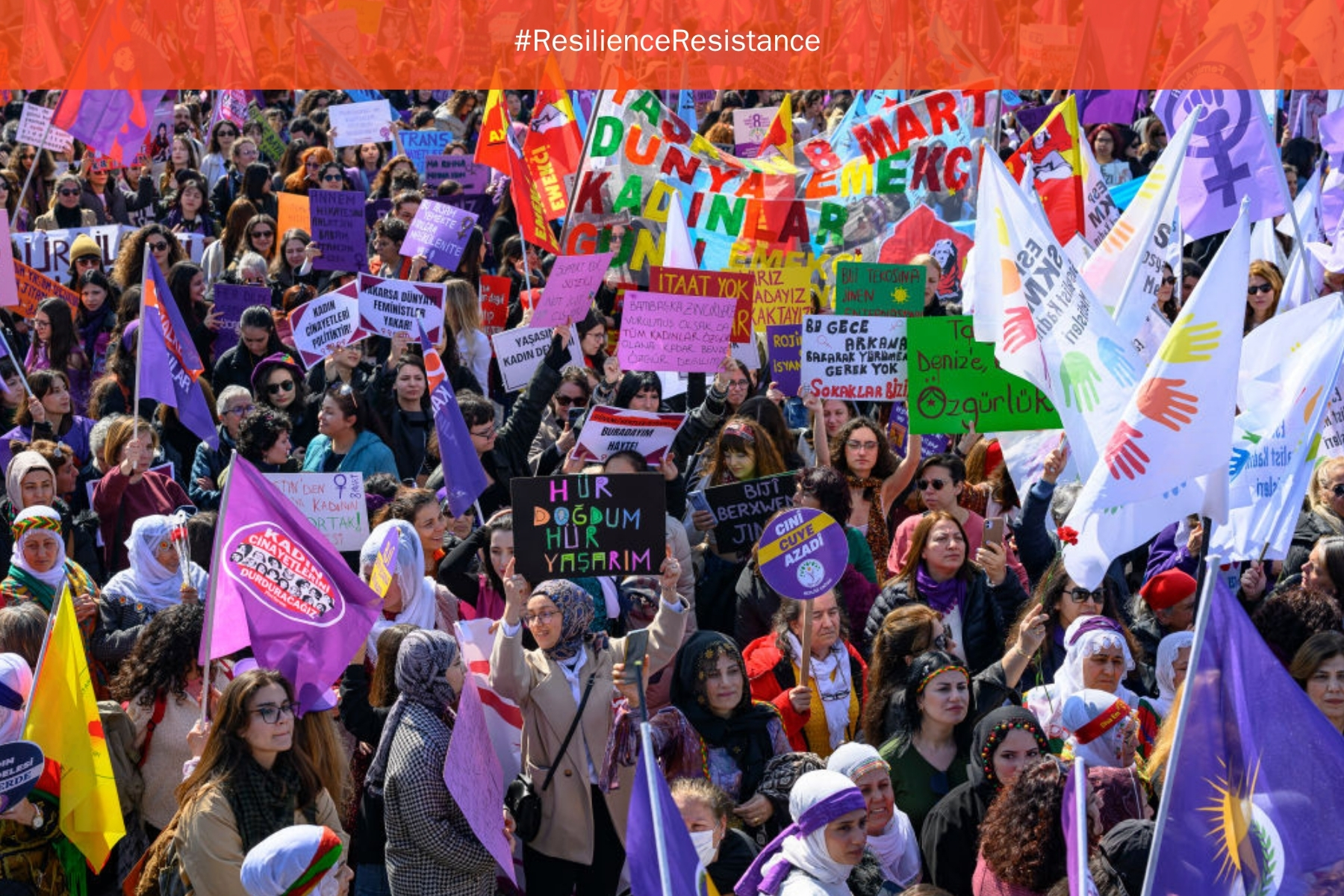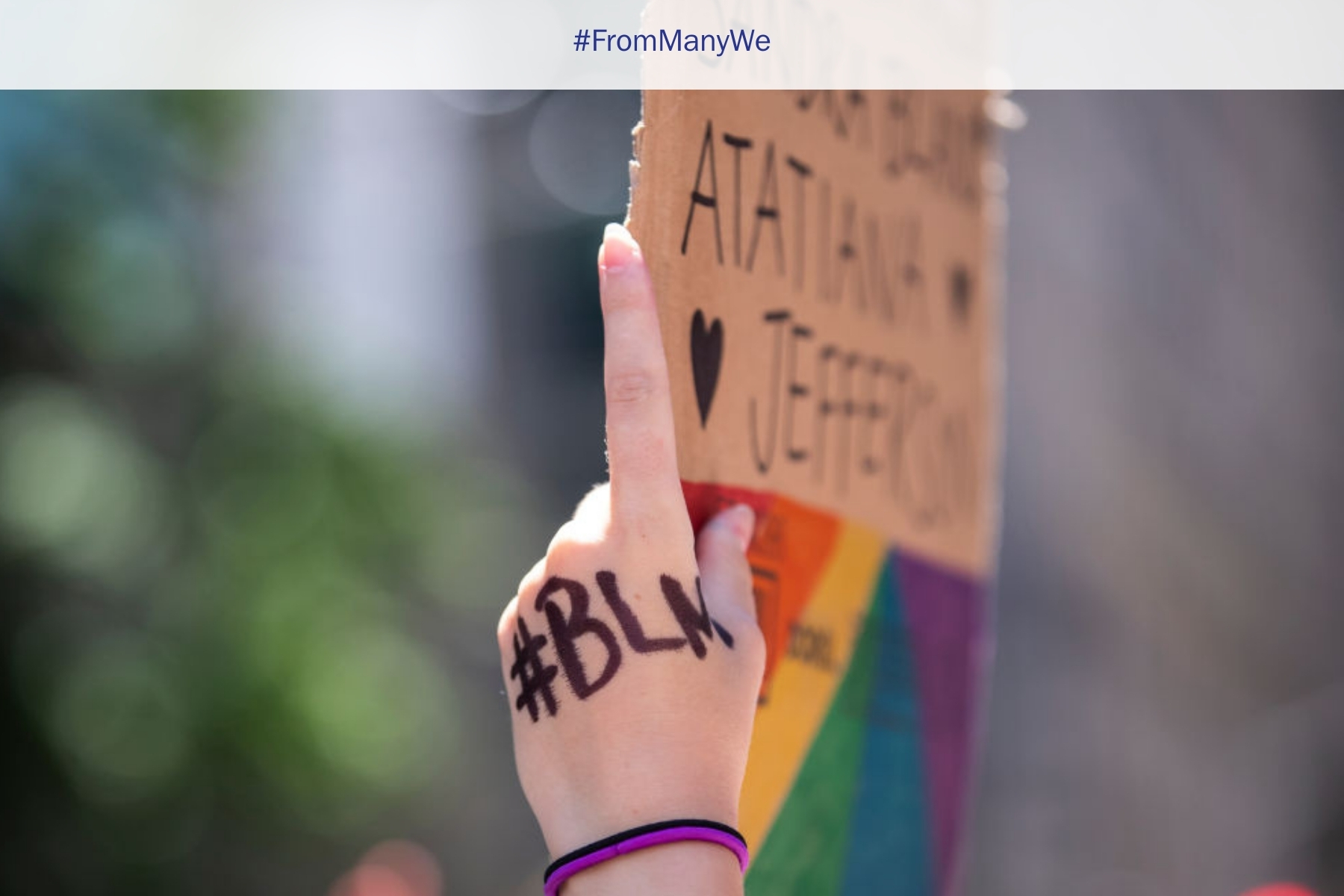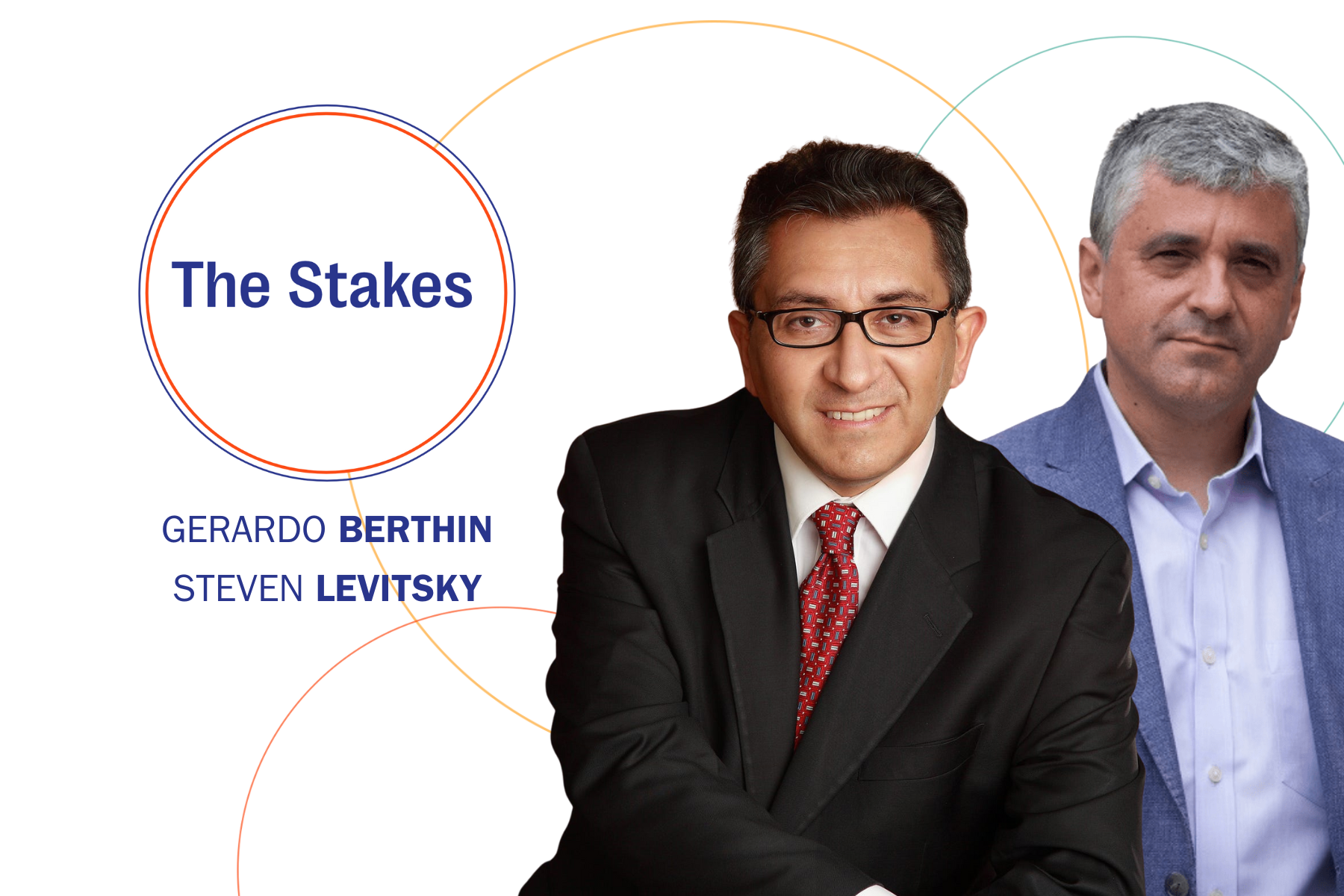The Russian Disinformation Threat: Strategic Goals and Overarching Themes

This is the first of two pieces by Kettering Foundation Senior Fellow Alexander Vindman addressing Russian disinformation threats to American democracy.
By Alexander Vindman, Kettering Foundation Senior Fellow
Given the potential of the outcome of the presidential election in the United States to radically change the trajectory of American foreign policy, Russia and its allies, such as China and Iran, have once again coordinated and launched elaborate campaigns aimed at destabilizing the election and undermining the very idea of democracy. Russia seeks to bolster the electoral chances of candidates that align with Moscow’s interests, spread feelings of hopelessness and confusion among Americans and, in some cases, dissuade citizens from voting. The recent riots and unrest in the United Kingdom have shown that unsubstantiated rumors launched on social media platforms like Telegram and spread by Russian websites can receive widespread circulation among Western audiences. Considering the scope and scale of Russian disinformation operations unveiled by a recent indictment from the Department of Justice, we can expect that the United States will face increasingly intense Russian disinformation operations in the lead-up to the 2024 election.
Traditional Civilization versus Western Democracy
Russian propaganda is the subproduct of their proven approach to geopolitics: a so-called messianic multipolarity, which is an ideology that seeks to bring about a world with few regional superpowers struggling against each other. Russia would dominate Eastern Europe and impose on smaller states a socially conservative “traditional civilization” as an alternative to its view of a “globalist” and “decaying” Western one. This idea resonates with the authoritarian regimes of China, Iran, and Venezuela, as well as some Western regimes, such as Hungary and Turkey, that hold elections yet operate as autocracies. Together, this broad coalition seeks to undermine America’s standing in the world and subvert the institutions and concepts that define the postwar order. Iran and Russia have woven a web of lies about American activities abroad and used a network of Russian state-affiliated outlets in Latin America and Africa to amplify their message. The rapid spread of media and information from these outlets in South America and Africa has actively eroded public perceptions of the United States and impacted American diplomatic efforts.
Russia is attempting to bring about its strategic vision by exploiting divisive elements of American domestic politics in order to target the United States and subvert its democracy. Russian campaigns have specifically targeted MAGA supporters and fed them conspiracy theories on everything from the Texas border crisis to the July 2024 assassination attempt on Donald Trump. This propaganda focuses on divisive issues of gender, political violence, immigration, and race. The end result of this process is the creation of a divided electorate, the weakening of American institutions, and the election of individuals who are willing to destroy the load-bearing concepts and alliances that guide American foreign policy.
The Nuts and Bolts of the Propaganda Machine
Russian meddling with American democracy is not a new concept. In 2016, the Wagner Group warlord Yevgeny Prigozhin, now infamous for his role in the war in Ukraine and the short-lived insurrection in Rostov, was director of an organized troll farm known as the Internet Research Agency (IRA). This firm operated numerous fake accounts on Facebook and X and sought to influence users as far as the UK, India, South Africa, and the United States. Beyond spreading lies about Russia’s war in Ukraine following the annexation of Crimea and the invasion on Donbas in 2014, fake accounts run by the IRA posed as both anti-immigration supporters of Donald Trump and Black Lives Matter activists criticizing Hillary Clinton. While the IRA was dismantled in the wake of the 2016 election, the techniques and models of information operations established by the organization continue to be used by Russia and other strategic opponents of the United States.
Whenever there is widespread domestic unrest in the United States, Moscow immediately finds a way to exploit it for Russia’s benefit. This often comes in the form of amplifying preexisting sentiments among the public, whether its anti-immigrant, anti-Ukraine, anti-Biden, or anti-LGBTQ+ (one of Putin’s favorite topics). The common themes targeted by Russian propaganda are those of a divisive nature, allowing Russia to sow further chaos. As one former journalist of the state-sponsored news agency Russia Today recalled, “Anything that causes chaos is RT’s line.”
The most common vector for Russian disinformation is the wide collection of media outlets and journalists operating under the umbrella of Russia Today, some of which have branded themselves as alternative news sources for young, disillusioned Americans. Additionally, Telegram has become an increasingly popular means of spreading disinformation. Unsubstantiated rumors from Telegram have been republished in Russian state-affiliated media, and the platform has also seen widespread adoption among American far-right internet users as an alternative to mainstream social media networks.
Parallel to Russia’s activities, Iran has launched its own disinformation campaign targeting veterans and left-leaning American voters and seeking to prevent another Trump presidency. Additionally, an editor at the far-left publication The Grayzone was recently found to have accepted funding from Iranian state-backed media outlets while publishing stories critical of the United States and Israel. Iranian and Russian disinformation campaigns differ in their target audiences and ideological leanings, yet both share an interest in sowing chaos and division among American voters.
While Americans of all political affiliations are susceptible to Russian propaganda, the largest targeted group remains MAGA supporters. Perhaps the best example of the effectiveness of Russian misinformation and disinformation is illustrated by the results of a recent survey that show over a quarter of Republican voters believe that the United States was actively developing biological weapons in Ukraine prior to Russia’s invasion—a concept that circulated for months in Russian-language internet and media in early 2022 before manifesting among American voters.
In the midst of a critical election season, citizens should be cautious about emotive social media content that seeks to inflame passions and fan conspiracy theories. Media must be viewed critically and with the understanding that foreign actors are actively seeking to undermine American democracy.
Alexander Vindman is a retired US Army lieutenant colonel and the former director for European Affairs on the White House’s National Security Council. Vindman leads the national security think tank Institute for Informed American Leadership and is an executive board member for the Renew Democracy Initiative, a senior fellow at the Kettering Foundation, and a senior advisor to VoteVets. His best-selling memoir is titled Here, Right Matters.
From Many, We is a Charles F. Kettering Foundation blog series that highlights the insights of thought leaders dedicated to the idea of inclusive democracy. Queries may be directed to fmw@kettering.org.
The views and opinions expressed by contributors to our digital communications are made independent of their affiliation with the Charles F. Kettering Foundation and without the foundation’s warranty of accuracy, authenticity, or completeness. Such statements do not reflect the views and opinions of the foundation which hereby disclaims liability to any party for direct, indirect, implied, punitive, special, incidental, or other consequential damages that may arise in connection with statements made by a contributor during their association with the foundation or independently.








